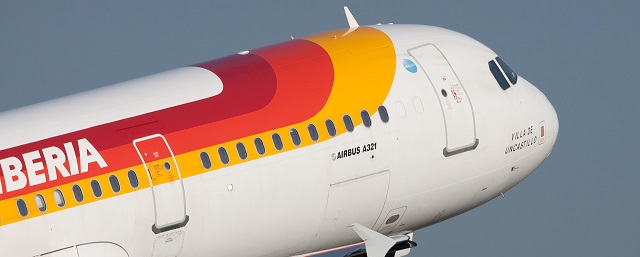Last week was the first day of the 15-day-strike scheduled by Iberia ground staff, cabin crew members unions and pilots trade union SEPLA. By the way, one could wonder how they all could agree on something since their interests are usually opposite.
Iberia has been living dangerously for years. Today the airline is very close to bankruptcy for many reasons, even if pilots insist on the cheap argument that the main fault is the company management, who is to blame for years of irregularities.
According to the analysts, the average cost of one day of pilot strike was estimated in around 3 million euros. Today this would mean an extra cost of more than 50 million, added to the airline’s 127 million restructuring plan. But it could cost much more: Iberia operates the handling for most of the airlines at many Spanish airports and a strike could result in having to pay a compensation for those companies affected by the lack of service, which would add to the cancellation of reservations.
The once flagship company, today in private hands, had all the elements to become the object of a tricky, convoluted conflict and in the end it’s become the national talk, an experimental lab. Customers complain about anything, from delays to the orange juice served on board. Also, the airline is extremely vulnerable and dependent on political instability, oil prices and Spain’s economic crisis. A third factor would be Iberia’s staff heterogeneity: many of whose groups are susceptible to stop the activity of the company. And they are not only aware of it, they also exert that power more often than we’d think. The most paradigmatic of them all is the pilot’s union (SEPLA). For them, the rest of the staff is irrelevant.
Iberia’s ground staff is having a strong role in this strike. It’s the first time that all unions are acting together but it would be too simple to think they all have problems with their working conditions -even if some do and they are right to protest against them-. For many analysts the unions also have an agenda.
And the icing of the cake is the outside enemy. Iberia and British Airways merger in the International Airlines Group (IAG) gives the staff a scapegoat, even if this means to create a fiction based on falsehoods and inaccuracies.
With all these elements, it is quite complicated to see an agreement on the horizon. It is even difficult to agree on what the problem is. There is a theory that states that recognizing a problem is already 50% solution and that humans tend to face big problems by creating defense or attack mechanisms. A clear defense mechanism, but it can lead us to disaster, is not to recognize the seriousness of the problem. The attack would be to fully recognize the seriousness of the situation and to try to develop effective solutions, no matter how costly and painful they are. But none of that is happening at Iberia.
Note: International Airlines Group (IAG) is the company resulting from the merger of Iberia and British Airways in April 2010. BA has 55% and Iberia 45%. This agreement and the weight of each of the companies shall be reviewed in 2016, estimating that for then, participation of Iberia in IAG will fall and, conversely, that of BA will rise considerably. This is causing uncertainty among the Spanish airline staff, who wants the managers commitment to make sure that the current status quo won’t change.






Be the first to comment on "Iberia strike’s crazy sudoku"